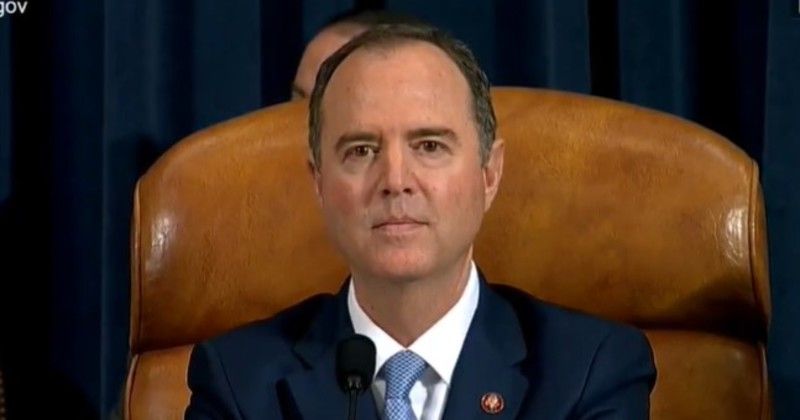Elections have consequences. While the 2024 presidential victory and the coattail successes of the Trump/Vance team are worth celebrating, some outcomes are less thrilling. One such example is the elevation of Representative Adam Schiff (D-CA) to the U.S. Senate. On Friday, Schiff resigned from the House of Representatives to prepare for his new role as California’s junior senator. He will officially be sworn in on December 9, filling the seat previously occupied by Senator Laphonza Butler, who was appointed temporarily following the passing of Dianne Feinstein. Schiff also won the full-term Senate election set to begin in 2025.
Schiff’s new role grants him a broader platform, amplifying the voice of one of the most vocal proponents of the “Russian collusion” narrative. In a video released after casting his final House vote, Schiff expressed gratitude to his constituents, saying, “I’m so grateful for the opinions you shared with me, the values you shared with me, the legislative ideas, how you made it possible for me to be effective in being your voice.”
He also noted his optimism about the Senate, sharing that he has already met with Republican and Democratic senators, emphasizing a “real culture there of finding common ground.”
Schiff’s history, however, suggests he will remain a thorn in President-elect Donald Trump’s side, a role he has played since 2016. Schiff led the first impeachment trial against Trump, which focused on allegations of withholding aid to Ukraine in exchange for investigating Hunter Biden. His tenure in the House was marked by controversy, including being removed from the Intelligence Committee by then-Majority Leader Kevin McCarthy (R-CA) for allegedly misusing intelligence for political gain.
After 24 years in the House, Schiff transitions to the Senate with a reputation as one of Trump’s staunchest adversaries. Some critics argue that his record makes him a poster child for term limits. Representing California’s 30th Congressional District—which includes areas like Burbank, Hollywood, Pasadena, and Glendale—Schiff has long enjoyed the support of heavily Democratic constituencies. However, the 2024 California election map revealed signs of a shifting electorate, leaving open the possibility that statewide voters could grow weary of his perceived partisanship and oust him in a future election.
Schiff’s history of claiming there was “plenty of evidence” of Russian collusion during the 2016 election looms large. Despite his assertions, no substantial evidence ever materialized. With six years ahead, Schiff now has an opportunity to redefine his legacy—or to further entrench himself as a polarizing figure. Time will tell.
 Telegram is where we really talk. Don't miss out!
Telegram is where we really talk. Don't miss out!






